Melasma
Understanding Melasma: Causes, Symptoms, and Treatment
Melasma typically presents as brown or gray discoloration across the cheeks, forehead, nose, chin, or upper lip, often appearing uniformly and symmetrically on both sides of the face. While it most commonly affects the face, melasma can also develop on other sun-exposed areas of the body, such as the neck and forearms.
Expert Care for Melasma at Cumberland Skin
Melasma can affect anyone, but it is particularly prevalent among young women with darker or olive skin tones. This condition is closely linked to female hormones, including estrogen and progesterone, making it more common in women who are pregnant, using hormone-based birth control (such as oral contraceptives), or undergoing hormone replacement therapy. Due to its association with pregnancy, melasma is sometimes referred to as the “pregnancy mask.”
If you’re dealing with melasma, a consultation with one of our expert dermatologists at Cumberland Skin can set you on the path to healthier skin. Our team specializes in diagnosing and treating melasma, offering personalized care tailored to your skin’s needs.
To learn more about melasma and explore treatment options, read the detailed information provided below. Schedule an appointment with Cumberland Skin today to begin your journey toward clearer, more even-toned skin.
Examples of Melasma
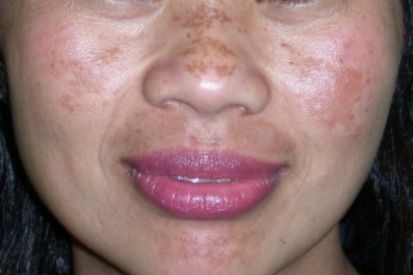
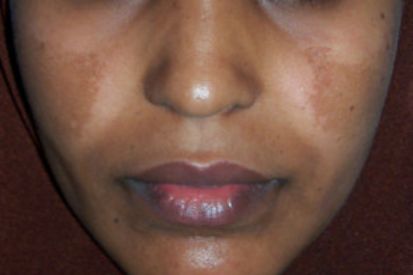
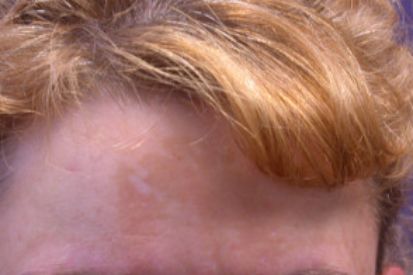
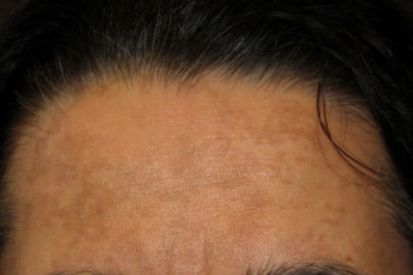
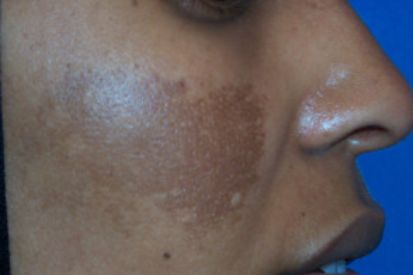
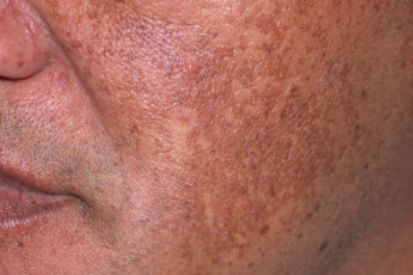
What are the Symptoms of Melasma?
- Very common skin disorder that occurs on areas of the face that are exposed to the sun, creating dark discolorations on the skin.
- Melasma generally manifests itself in a brown or gray discoloration across the cheeks, forehead, nose, chin, or upper lip.
- Melsama is most often uniform and symmetrical on both sides of the face.
Causes of Melasma
- Melasma can affect anyone, but more prevalent among young women with darker or olive skin types.
- Associated with female hormones estrogen and progesterone, making it more common in women who are pregnant.
- Melasma occurs with sun exposure.
- Certain skin products can irritate or worsen melasma.
How to Prevent Melasma
- Sunscreen: Apply a broad-spectrum sunscreen with a high SPF daily, even on cloudy days. This shields the skin from UV rays, a significant contributor to melasma.
- Sun Avoidance: Minimize sun exposure, especially during peak hours. Wear wide-brimmed hats and protective clothing when outdoors.
- Skincare Routine: Use skincare products that contain ingredients like niacinamide, vitamin C, or alpha arbutin known for their skin-lightening properties. Consult a dermatologist for personalized recommendations.
- Hormonal Management: For women, discussing hormone-related triggers with one of our trusted dermatology providers and exploring birth control options that may not exacerbate melasma can be beneficial.
- Avoiding Irritants: Limit the use of products or treatments that may irritate the skin, potentially triggering melasma. This includes harsh chemical peels or abrasive exfoliants.
- Pregnancy Planning: For women experiencing melasma related to pregnancy, consulting with a healthcare provider before conception can help manage hormonal changes that may contribute to melasma.
- Healthy Lifestyle: Adopting a balanced diet, staying hydrated, and managing stress contribute to overall skin health.
Melasma FAQs
Melasma is a common skin condition causing brown or gray-brown patches, usually on the face. Hormonal changes, sun exposure, and genetics can contribute. It’s like a temporary visitor, often linked to hormonal shifts like pregnancy or birth control.
The good news is that melasma can be treated. Dermatologists have various options, including topical creams, chemical peels, and laser treatments. With the right approach, those patches can fade away.
Sunscreen isn't just for beach days. Daily use, even on cloudy days, helps prevent melasma from getting darker. It's like giving your skin a shield against those pesky patches.
While melasma may fade on its own, seeking professional help accelerates the process and ensures better results. Dermatologists can tailor a plan, offering effective treatments and personalized advice for your unique skin.
Yes, makeup is safe, and it can be a confidence booster. However, it's crucial to choose products that won't worsen melasma. Dermatologists can recommend makeup that conceals while being gentle on your skin.
From Our QualDerm Family of Brands: Sunscreen Protection
How to Treat Melasma
We pride ourselves on working closely with patients, providing guidance on skincare routines, and recommending products to manage melasma effectively. Regular follow-ups ensure progress monitoring and adjustments to treatment plans, supporting you on your journey to healthy skin.
Related Blog Posts
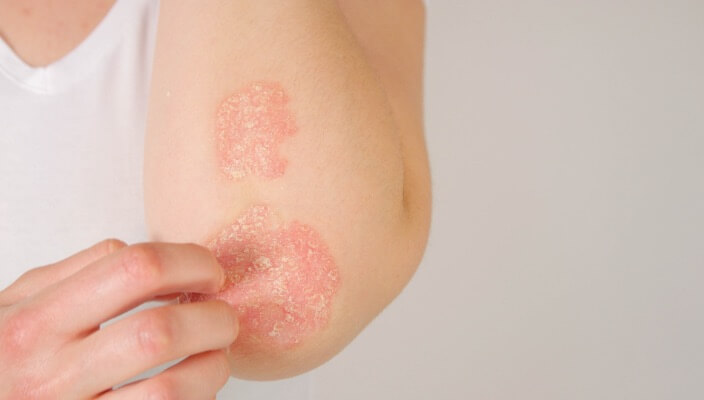
- General Dermatology
- Chronic Skin Conditions
Learn the differences between dry skin, eczema, and psoriasis, their distinct characteristics, and potential triggers. Gain valuable insights into identifying symptoms and seeking appropriate treatment to effectively managing these common skin conditions.
Read More
- General Dermatology
- Cosmetic Treatments
Explore the myriad benefits of laser treatments. Learn how these advanced procedures can effectively address various skin concerns, from acne scars to unwanted hair, providing you with smoother, rejuvenated skin.
Read More
- Skin Care
- Cosmetic Treatments
Unlock the secrets to achieving radiant, glowing skin. Explore expert tips and skincare routines tailored to nourish and revitalize your complexion, empowering you to embrace a luminous and youthful appearance.
Read MoreFeatured Products for Melasma
Check your local office for current stock!
Check your local office for current stock!


